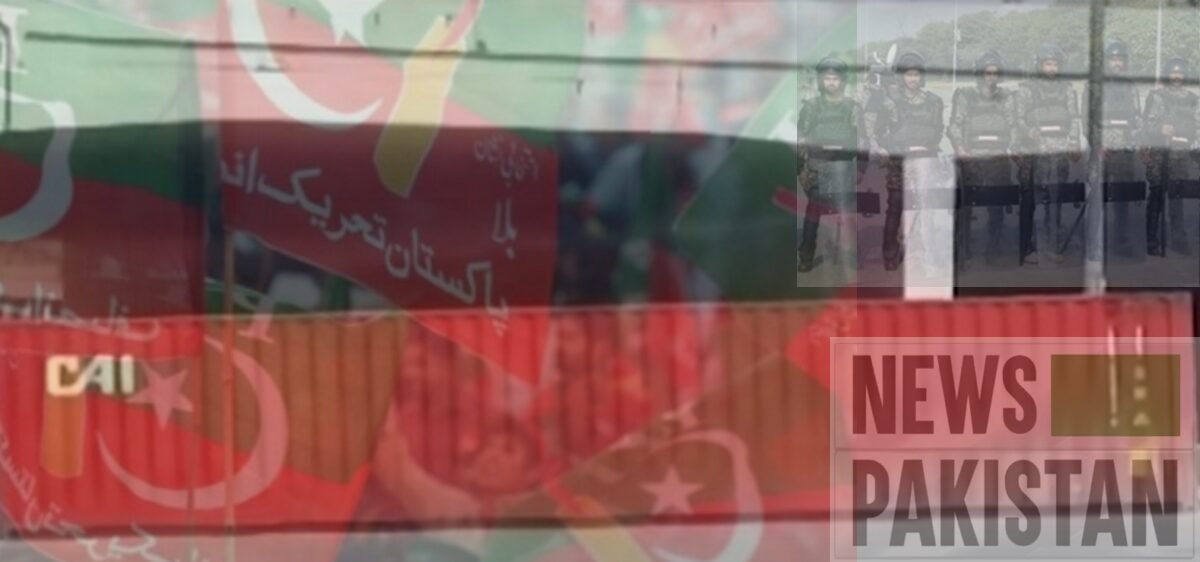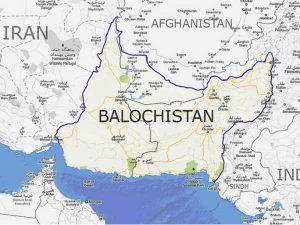BEIRUT: Talks between crisis-hit Lebanon and the International Monetary Fund are deadlocked, and leaders reluctant to enact reforms.
Without a vital multi-billion-dollar bailout, is Lebanon headed for “hell”?
For months, the Mediterranean country has grappled with its worst economic crisis since the 1975-1990 civil war.
Tens of thousands have lost their jobs or part of their salaries, while a crippling dollar shortage has sparked rapid inflation.
After the country for the first time defaulted in March, the government pledged reforms and two months ago started talks with the IMF towards unlocking billions of dollars in aid.
But 17 meetings later, the negotiations are stalling.
“The IMF has left the negotiating table and talks have stopped,” said a member of the Lebanese negotiating team, asking to remain anonymous.
Another Lebanese source familiar with the negotiations said IMF representatives have “not sensed serious commitment from the Lebanese delegation” towards reform.
“Every faction is vying for its own personal interests while the country burns,” they said.
Talks were held Friday to discuss reforms in the electricity sector, the finance ministry said, but not financial aid.
Deadlock is common in multi-confessional Lebanon, where politicians have for decades been accused of cronyism, conflict of interest and corruption.
As Lebanon seeks help from the IMF, arguments are mounting over the scale of total financial losses for the state, central bank and commercial banks.
The government estimated losses at around 241 trillion Lebanese pounds, which amounts to around $69 billion at an exchange rate of 3,500 pounds to the greenback. But a parliamentary committee quoted much lower figures using the old currency peg of 1,507 pounds to the dollar.
The IMF considers the government’s figures to be more likely.
The discrepancy in the figures shows the great power and influence of a “lobby ready to see Lebanon burn rather than expose what they did to it”, the Lebanese negotiator said.
Since October, the deepening turmoil has sparked mass protests demanding the wholesale removal of a political class seen as incompetent and corrupt.
The crisis has shot poverty up to almost 50 percent.
The Lebanese pound in early July peaked at more than 9,000 to the greenback on the black market.
With price soaring, many can longer afford to buy diapers, or fill their fridge.
Four Lebanese killed themselves last week, apparently due to the economic downturn.
In March, the government pledged reforms long demanded by donors, including budget cuts, tax hikes and electricity sector reform, but little has come through.
A Western source told AFP a meeting last week “went very badly”, ending with IMF negotiators urging Lebanon’s representatives “to stop taking them for a ride”.
Two key members of Lebanon’s team resigned last month, accusing the government of lacking commitment to reform.
On Friday, UN rights chief Michelle Bachelet sounded the alarm.
“This situation is fast spiralling out of control, with many already destitute and facing starvation as a direct result of this crisis,” she said.
Two days earlier, French Foreign Minister Jean-Yves Le Drian said he was “very worried”.
“Help us help you, dammit,” he urged.
Analyst Nasser Yassin said the ruling class lacked political will.
“To guarantee they won’t lose everything, they would rather the country remain on the cusp of collapsing than initiate serious reforms,” he said.
Such changes, he said, “would strip them of essential tools they use to impose authority and control over the state, the economy, and society”.
Among the IMF’s demands are that Lebanon audit its central bank, and issue official capital controls to replace informal withdrawal and transfer caps imposed by the banks since the autumn.
It has also requested the country float its currency so Lebanese can follow a single exchange rate.
To further complicate matters, the IMF talks come as tensions rise between the United States and Hezbollah, the Iran-backed Shiite movement that is a key political player in Lebanon but that Washington has listed as “terrorist”.
The Western source said: “I don’t see any alternative to assistance from the IMF.”
“The country is collapsing, and so is the Lebanese pound, while officials are in denial.”
Lebanon’s government says it needs $20 billion in external funding, which includes $11 billion pledged by donors in 2018.
But without an IMF rescue, donors are unlikely to pump money into Lebanon, the Western source said.
“An IMF agreement will help correct Lebanon’s reputation,” he advised.
The Lebanese source agreed an IMF rescue would help Lebanon avoid the worst.
“With a skyrocketing exchange rate that could reach 25,000 to 50,000 Lebanese pounds to the dollar and inflation increasing by the day, Lebanon, without the IMF, will plunge into hell,” he said.
Newspakistan.tv | YouTube Channel











